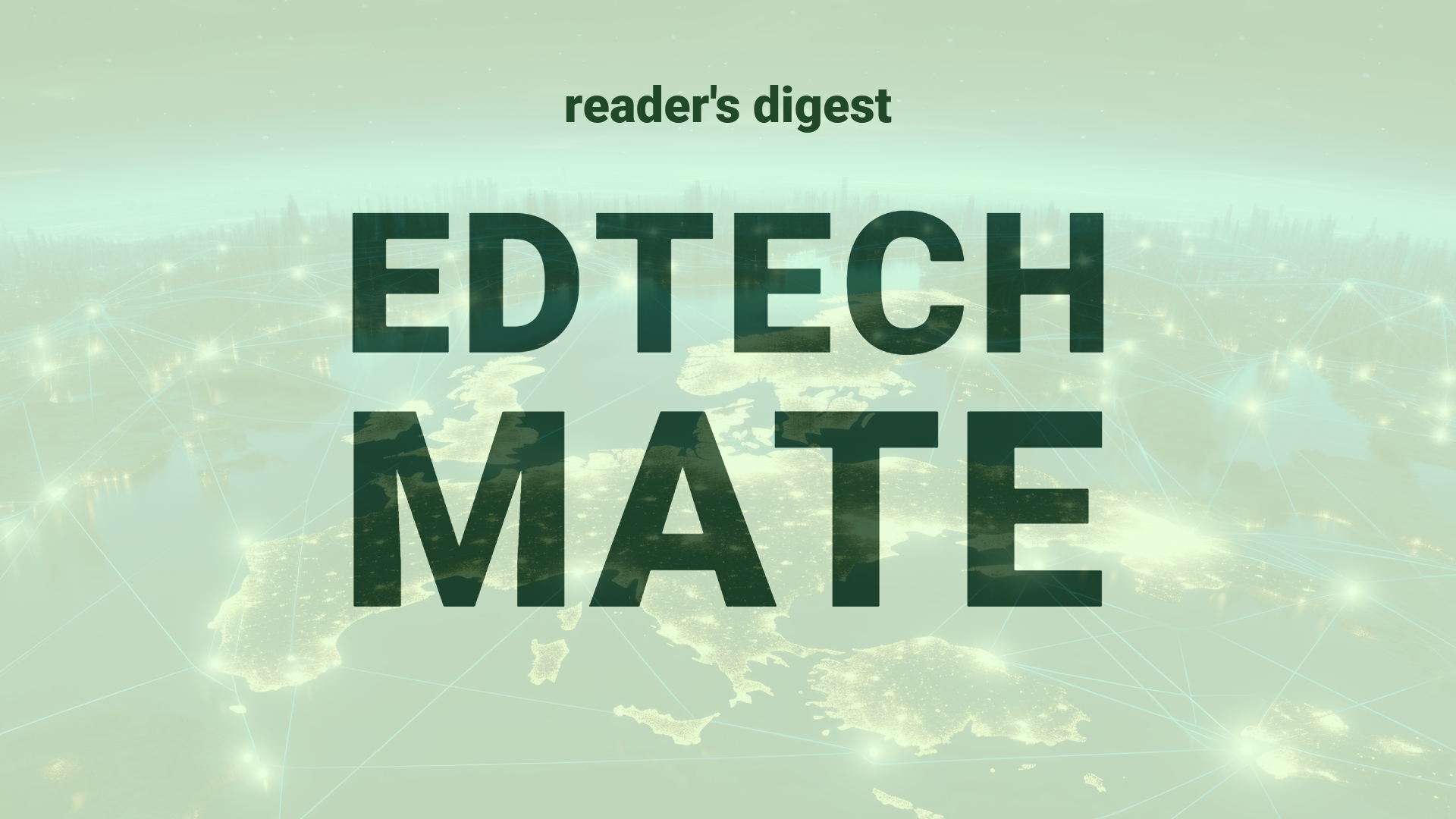Executive Summary and Main Points
The most recent development in AI for research assistance boasts impressive capabilities with Claude 3 Opus purportedly overtaking OpenAI’s ChatGPT. It maintains polite user interaction, supports file uploads, and provides detailed text generation. However, it has limitations in recommending the most recent papers and struggles with image analysis and proper sequencing of technical figures. Claude’s current cutoff is dated prior to August of the previous year, and it is limited to processing a maximum of five images at a time. Its text extraction for document analysis is occasionally unsuccessful, suggesting some technical kinks need ironing out.
Potential Impact in the Education Sector
The introduction of Claude 3 Opus positions AI as an ever-more-essential tool in Further Education, Higher Education, and Micro-credentials. It has the potential to augment literature review processes, assist in understanding complex research documents, and offer structured approaches to data analysis. With its advanced text and image processing, Claude could foster strategic partnerships by streamlining collaborative research. Digitalization continues to enhance accessibility and efficiency, and Claude’s application may expand the depth and scope of AI’s role in education.
Potential Applicability in the Education Sector
Innovative applications involving AI tools like Claude 3 Opus could revolutionize research methodologies within global education systems. AI assistance in literature surveys, evaluation of academic papers, and logical structuring of research findings could significantly enhance the productive capacity of educators and researchers. By integrating such technology into the curriculum, institutions can offer students hands-on experience with cutting-edge digital tools, preparing them for a technologically driven academic landscape.
Criticism and Potential Shortfalls
Despite its advanced capabilities, Claude 3 Opus faces criticism for its shortcomings, such as its inability to analyze more than five images simultaneously, and for occasionally failing at document text extraction. Furthermore, the cutoff for its knowledge base limits its suggestions to documents dated prior to its last update, narrowing the scope for currentness in research. Critical analysis of Claude’s performance in international case studies also raises the point that cultural and ethical considerations remain a challenge for AI in education, especially regarding data interpretation and the nuance of localized academic discourse.
Actionable Recommendations
To leverage technologies like Claude 3 Opus effectively, international education leaders should strategically integrate AI tools into the research component of curricula. Training programs should be instituted to ensure users can maximize the potential of AI while remaining aware of its limitations. Additionally, ongoing technical support and updates to AI systems must be ensured to maintain relevance and address shortcomings quickly. Finally, fostering cross-institutional collaborations can advance collective knowledge and utilization practices for AI in global higher education.

